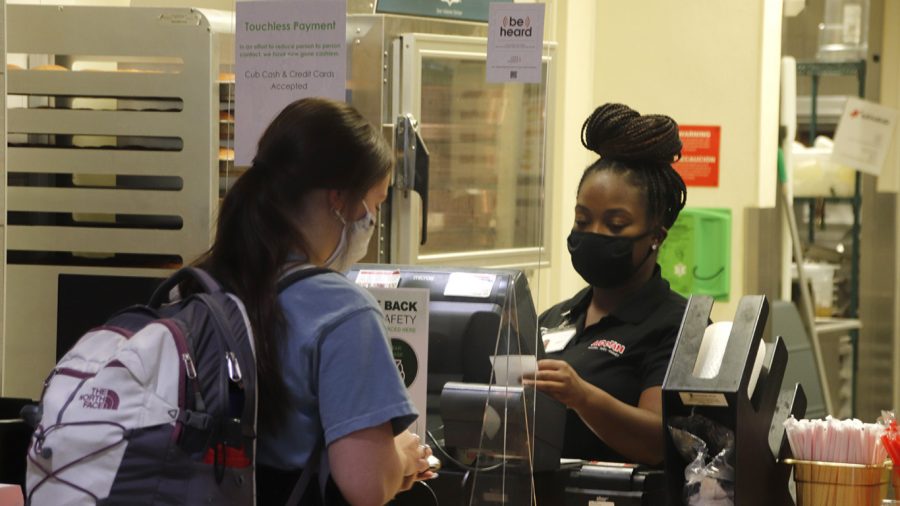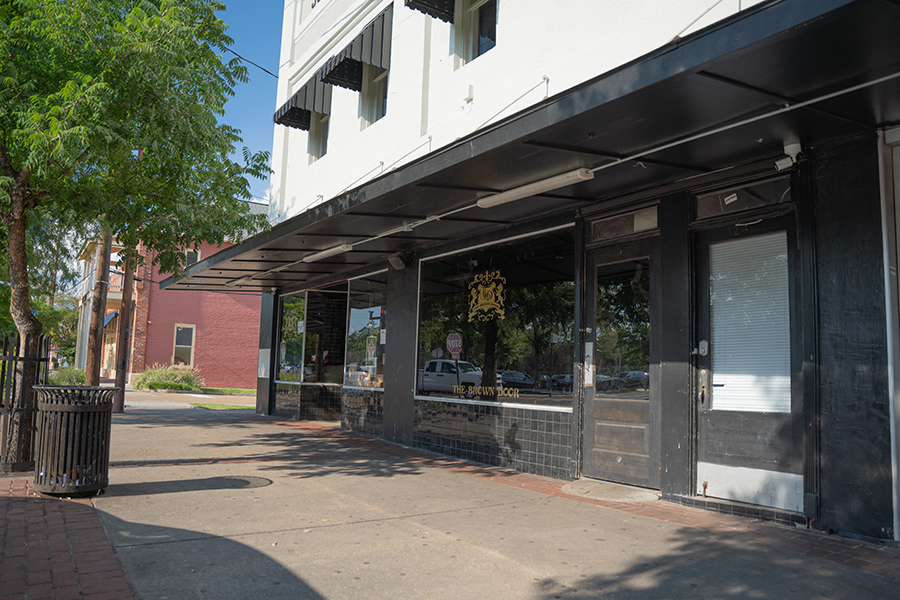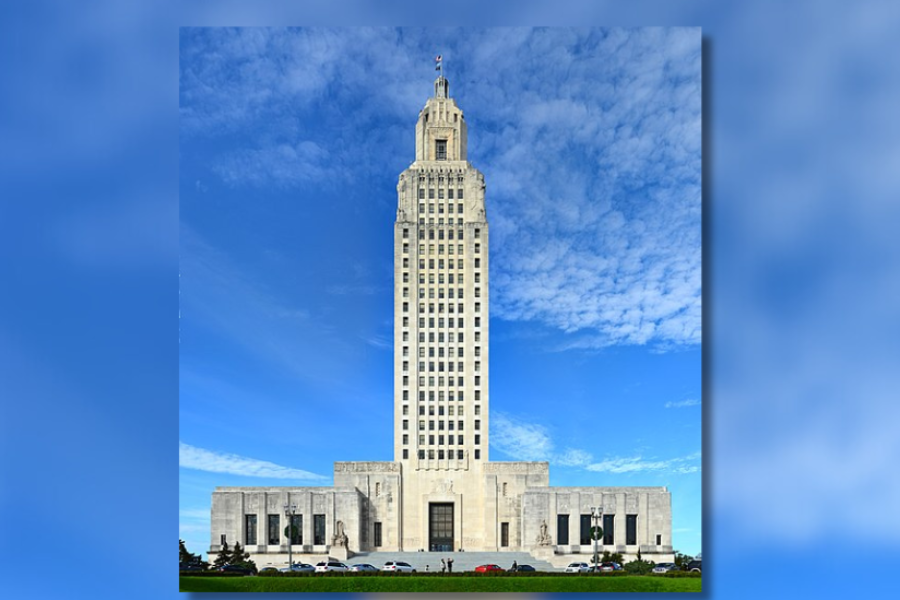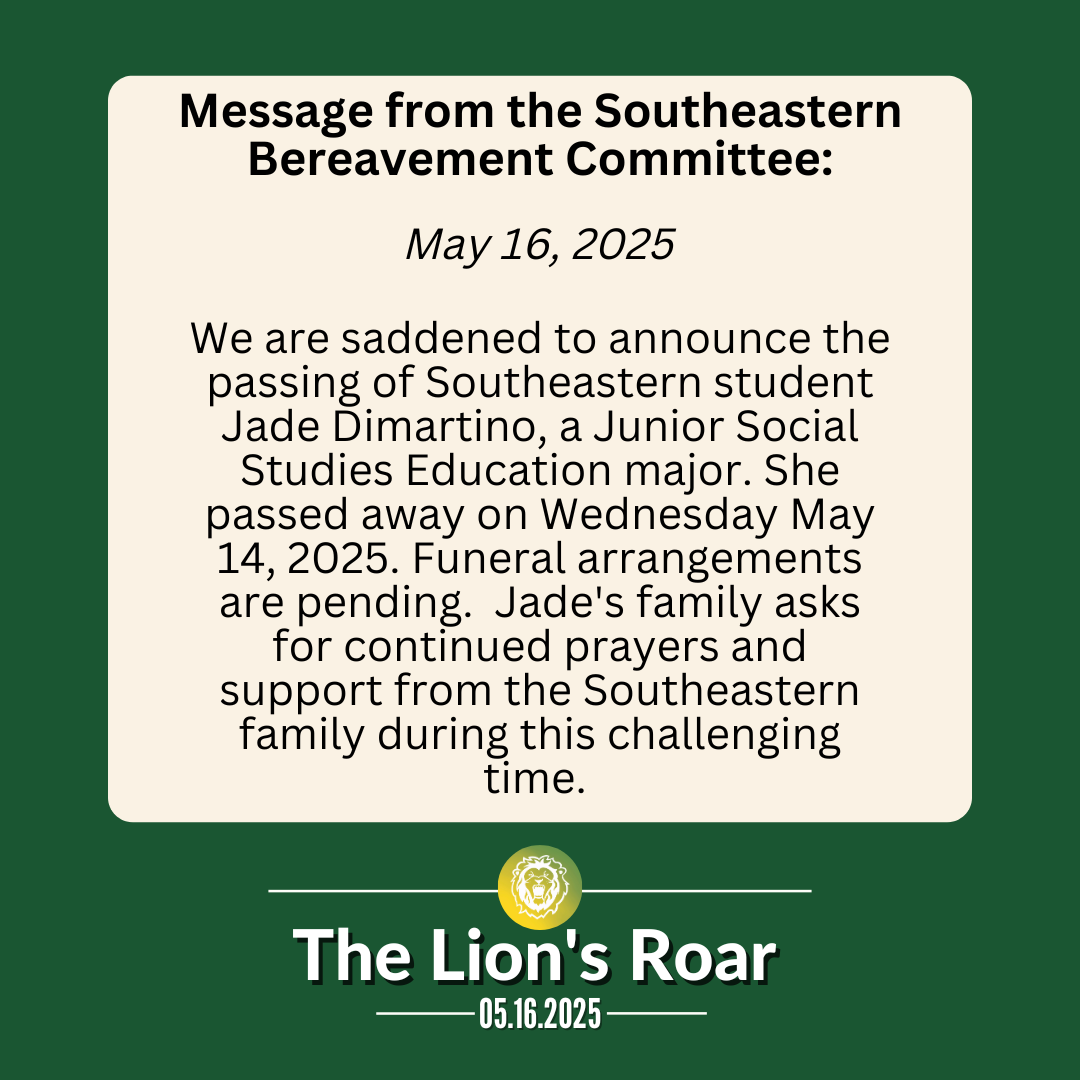American unemployment is facing historical lows, consumer confidence is dwindling and bankruptcy for commercial businesses is set to reach the highest it has been in the last 10 years.
Yu Hsing, professor of economics, answered some questions about financial complications the pandemic is causing.
What are some ways the pandemic has affected the economy that students may not be aware of?
“At present, we are about 21% below the normal economic condition. National output declined at an annualized rate of 33.3%, or $2.07 trillion, in the second quarter to a level of $19.49 trillion. In September 2020, the unemployment rate was 7.9% compared with the lowest unemployment of 3.5% in February 2020. There were 12.58 million unemployed persons compared with the lowest unemployed figure of 5.753 million in December 2019.”
How does this situation compare to the 2008 financial crisis?
“The pandemic crisis is much more severe and has more negative impacts than the 2008 financial crisis in terms of rapid closing of businesses, more unemployed persons, higher unemployment rates, rapid decline in national output, more inconvenience to our daily life, losses of human life, change in how employees work remotely, restrictions on business operations, loss of rental income, mortgage foreclosures, etc.”
Have you noticed any impact this pandemic has had specifically on students?
“There are several major impacts on students. To some, remote learning may not be as effective as face-to-face learning. Some students lost jobs that financially support their higher education. Many parents lost their jobs and cannot continue providing financial support to their children attending colleges/universities. Many students cannot enjoy social and club activities, which are important parts of college education. Some students may delay graduation after taking fewer courses or withdrawal from schooling due to lack of resources. Graduating students may not find as many jobs as before due to business shutdowns or slowdowns.”
How long do you think it will take for the economy to get back to normal?
“Experts expect that our life may get back to normal by the second half of 2021 when the vaccine would become available to average people at a reasonable cost. Even after a vaccine shot, we may still need to wear a mask to avoid potential infection due to droplets and aerosols.”
What financial problems will people have when things start getting back to normal?
“Many people would have less income, less saving and fewer job opportunities, etc. The government may cut programs and spending in order to balance the budget, which would increase financial burdens of Louisiana citizens and students.”
Can you offer any advice for students to improve their financial situations and save money?
“Students may learn some skills and knowledge at Southeastern which are in high demand on the job market in order to find better jobs and receive higher wages. Living with the parents would save money on the rent and other expenses. Students may need to set up priorities and cut spending on items which are not essential, participating in a 401(k) or a 403(b) annuity program, which provides tax deferred long-term saving at a much higher interest rate.”








